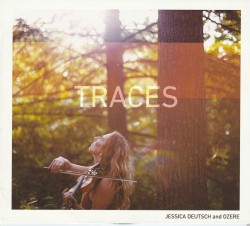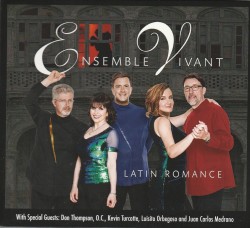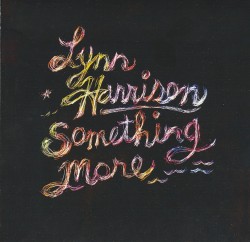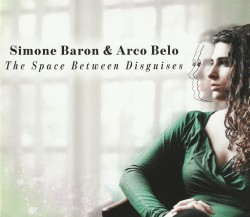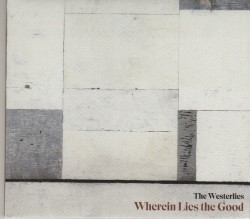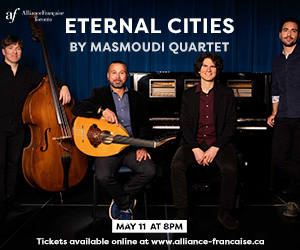Levantine Rhapsody - Didem Başar
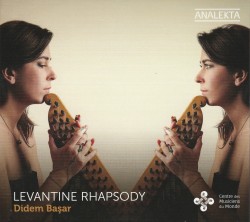 Levantine Rhapsody
Levantine Rhapsody
Didem Başar
Analekta AN 2 9172 (analekta.com)
Didem Başar is a professionally trained player of the kanun, or Turkish zither. On this CD, she unites Turkish and Western classical music under her own compositions, scoring them for kanun and Western instruments played by Guy Pelletier (flutes), Brigitte Dajczer (violin), Noémy Braun (cello) and Patrick Graham (percussion). Başar works with the Centre des Musiciens du Monde, which enables such cross-cultural experiences to happen.
Başar’s initial composition Devr-i Raksan will immediately remind visitors to Turkey of that country’s rich musical heritage; listen to its thoughtful kanun solo sections as they build up to a climax of plaintive string playing, a lively flute part and vigorous drumming. Often, the compositions are short; Bird Song lasts just 2:26, but I challenge anyone to find so many variations on percussion instruments to create as many bird sounds as there are on this single track!
On one occasion, Başar dips into classical Turkish music. She states that Kantemiroğlu’s Rast Peşrev still has the power to inspire even though that composer died almost 300 years ago; complex playing by all the instrumentalists contributes to an arrangement unfamiliar to Western ears.
Başar offers Cry as a plea for all those suffering the consequences of deadly conflicts. The endless wanderings of refugees are echoed in the flute part as it intermingles with the kanun to represent pain and sorrow. Riddle is her other intensely personal composition. Short but intense and loud phrases on the kanun and cello are intended to represent contrasting feelings: is life itself not a riddle?
And Canada is not forgotten. 5 à 7 is “happy hour” in Quebec. What with the five- and seven-beat textures of Başar’s composition of that name, it is just the right time to invite guests round to enjoy traditional Turkish cuisine to the backdrop that is Levantine Rhapsody.


